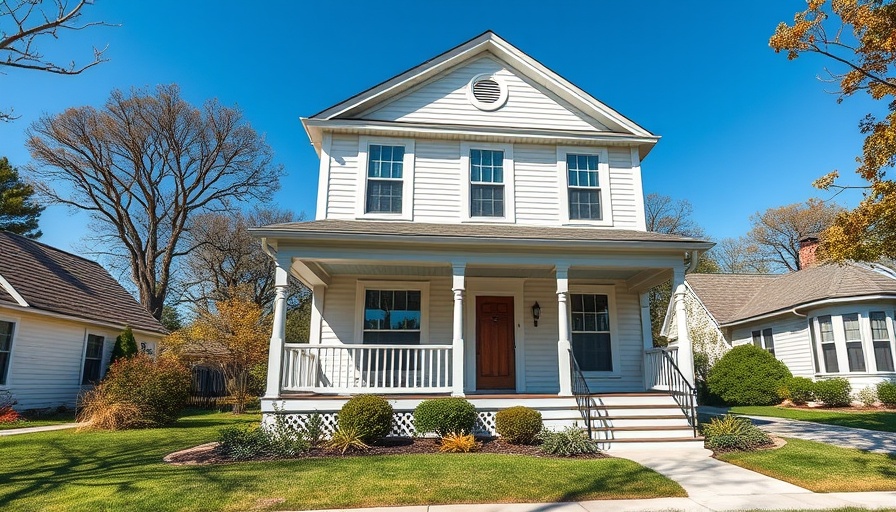
The Allure of Colorado: Why People Are Moving
Considering a new home in Colorado? The state, known as the "Centennial State," boasts stunning landscapes and vibrant cities, attracting many new residents. With a population of about 5.7 million, Colorado offers a blend of outdoor adventure and urban convenience. The thriving job market, especially in tech and healthcare, is appealing to many who seek growth in their professional lives.
Pros: A Nature Lover's Paradise
One of the most significant advantages of living in Colorado is access to breathtaking natural beauty. With the Rocky Mountains at your doorstep, activities like hiking, skiing, and camping are easily accessible. Cities like Denver and Boulder cater to those who love outdoor sports while providing a bustling cultural scene, making it possible to enjoy both worlds.
High Cost of Living: A Barrier for Many
However, this idyllic lifestyle comes at a price. The median home price in Colorado is currently around $623,400—with rent hovering at about $1,713—which can be a hurdle for some. The cost of living in many areas, particularly along the Front Range, is significantly higher than the national average. For families or individuals seeking affordability, this could pose a challenge.
Weather and Wildfire Risks
Another factor to consider is Colorado's climate. While many appreciate the four distinct seasons, residents must also contend with the risks of wildfires and water shortages, issues policymakers are currently addressing. The beauty comes with its own set of challenges, underscoring the necessity of preparedness and understanding the local environment.
Final Thoughts: Is Colorado Right for You?
Ultimately, whether Colorado is a suitable place to live for you depends on your priorities. If you cherish the outdoors and vibrant cultural scenes and are willing to navigate the housing costs, Colorado could be your ideal home. However, if affordability and convenience are more crucial, you might want to consider other locations. Assess what you value most as you make this important decision.
Are you ready to explore the charms of Colorado? Discover your options for homes and rentals today!
 Add Row
Add Row  Add
Add 




Write A Comment